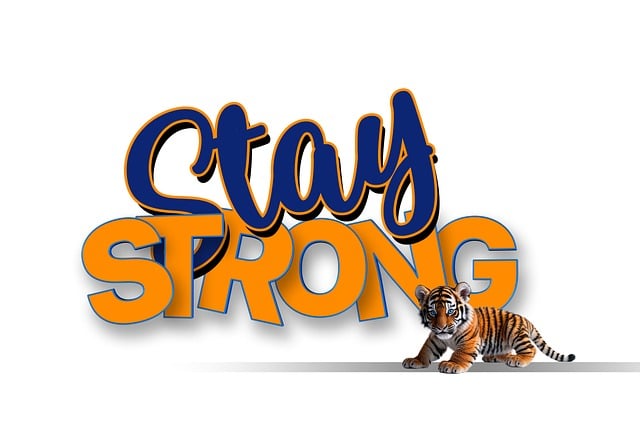Group counseling sessions are highly effective in combating addiction among young adults by providing a supportive environment encouraging open dialogue, peer understanding, and self-awareness. These sessions offer a network of peers, reducing feelings of isolation and shame, and teaching essential skills like mindfulness and healthy relationships coaching. Tailored addiction support groups for young adults foster camaraderie, provide safe sharing spaces, address confidentiality concerns, and equip participants with evidence-based practices, ultimately promoting long-term recovery and lasting wellness.
Group counseling sessions are transforming the landscape of addiction recovery, especially for young adults. These collaborative environments empower individuals struggling with addiction by addressing underlying issues through collective sharing and open dialogue. In this article, we delve into the mechanics of group counseling for addiction, exploring how shared experiences facilitate healing among peers. We examine its benefits and challenges, shedding light on the unique role of addiction support groups tailored specifically for young adults.
- Understanding Group Counseling Sessions for Addiction
- How Collective Sharing Helps Young Adults Overcome Addiction
- Benefits and Challenges of Addiction Support Groups for Young Adults
Understanding Group Counseling Sessions for Addiction

Group counseling sessions offer a powerful tool for addressing addiction among young adults. These therapeutic gatherings facilitate collective sharing and peer support, creating a safe space for individuals to explore and understand their underlying issues. By engaging in open dialogue, members gain valuable insights into their behaviors and triggers, fostering self-awareness that’s crucial for overcoming addiction.
In these sessions, participants benefit from hearing similar stories and experiencing the unity of shared struggles. This collective experience can act as a catalyst for change, encouraging accountability and motivation. Moreover, group counseling provides a network of peers who can offer encouragement during the challenging journey to sobriety—a support system that’s often invaluable in the process of rehabilitation, especially for young adults navigating their first experiences with addiction.
How Collective Sharing Helps Young Adults Overcome Addiction

In group counseling sessions, collective sharing plays a pivotal role in empowering young adults to overcome addiction. This collaborative environment fosters a sense of community and understanding, allowing individuals to confront their struggles openly. By sharing personal experiences, challenges, and strategies for coping with addiction, participants gain valuable insights into their own behaviors and triggers. The support and encouragement from peers who have faced similar battles can be incredibly grounding and motivating. It normalizes the experience of addiction, reducing feelings of isolation and shame.
Moreover, collective sharing facilitates the development of essential skills such as mindfulness techniques for stress relief and healthy relationships coaching in early sobriety. Through group discussions, young adults learn to identify their emotional triggers, practice self-awareness, and adopt coping mechanisms that promote long-term recovery. This supportive network provides a safe space to explore addiction’s underlying causes, ultimately helping individuals break free from destructive habits and embark on a path toward lasting wellness.
Benefits and Challenges of Addiction Support Groups for Young Adults

Addiction support groups for young adults offer a unique and powerful environment for those navigating early sobriety. One of the primary benefits is the sense of community they provide. Sharing experiences, struggles, and victories in a safe, peer-led setting fosters camaraderie and helps reduce feelings of isolation, which can be overwhelming during recovery. Members gain valuable insights from hearing others’ journeys, learning that they are not alone in their challenges, and finding support for their own paths to healing.
Despite these advantages, addiction support groups face some challenges when catering specifically to young adults. Confidentiality concerns may arise as younger individuals often deal with co-occurring mental health issues or family dynamics that require sensitivity. Additionally, peer pressure can sometimes be a factor, making it crucial for facilitators to guide discussions constructively. However, well-structured groups can empower participants to develop healthy habits in early sobriety and enhance their overall recovery through evidence-based practices combined with stress management workshops. Incorporating these strategies alongside addiction support groups facilitates more comprehensive healing and prepares young adults for long-term success.
Group counseling sessions, specifically tailored for young adults struggling with addiction, offer a unique and effective approach to recovery. By fostering collective sharing, these sessions address the underlying issues that contribute to addictive behaviors. While presenting challenges, such as confidentiality concerns and individual differences, the benefits of addiction support groups for young adults are significant. They provide a safe space for peer connection, emotional support, and shared experiences, all of which can empower individuals on their path to overcoming addiction.






